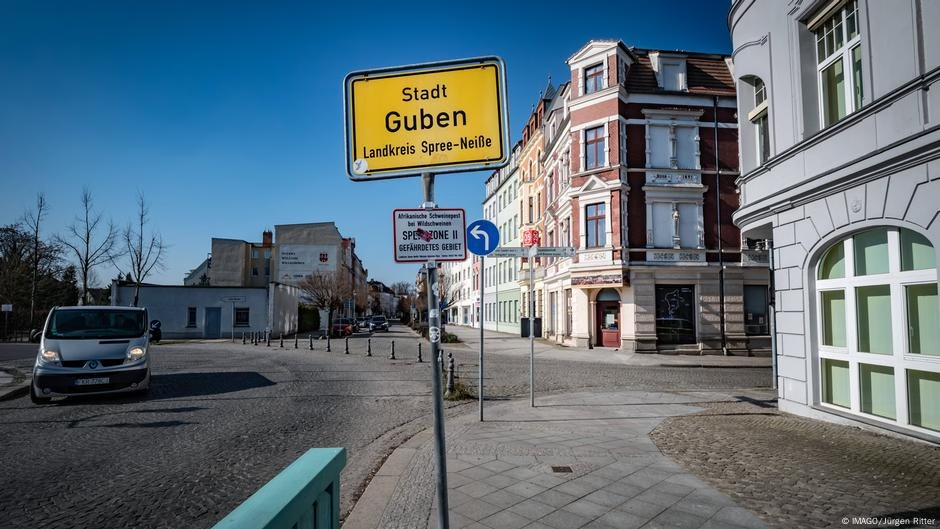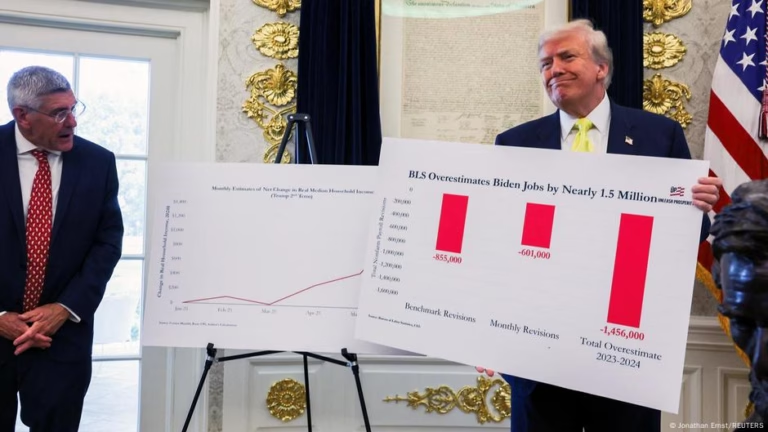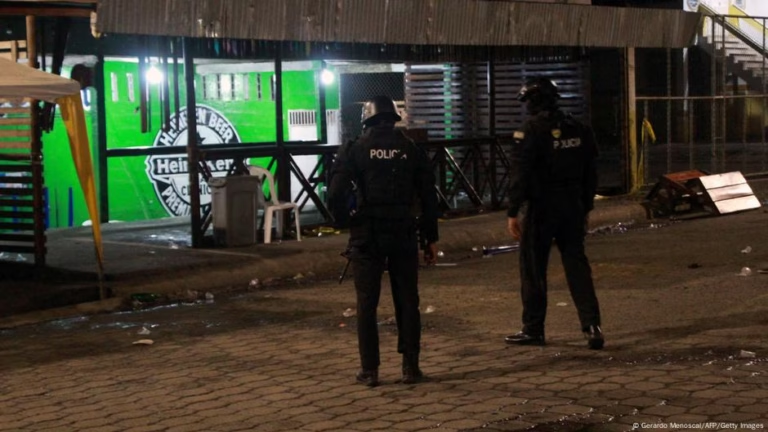The 38-year-old was born in East Berlin in the former German Democratic Republic and lived in the same district of the capital before and after the fall of the Wall. She says the hustle and bustle, a sense of helplessness about growing inequality, not to mention the dire housing situation, made her want to leave.
Driving through Brandenburg with only local radio for company, she heard about Probewohnen, a scheme offering people the chance to stay for up to four weeks free of charge in Guben on Germany’s far eastern border with Poland. The aim was to encourage people to settle here and fight depopulation.
Franze has lived here for eight months and now manages the project that brought her to the city. Here she can afford to rent a 100-square-meter, split-level apartment with a walk-in wardrobe for less than she would pay for a room in a Berlin flat share. It’s always quiet, there’s no noise pollution, there’s less litter, and you always run into people you know.
Thirty people took part in the scheme last year and six stayed long-term. More followed due to press coverage. Similar projects have started in surrounding towns, including Eisenhüttenstadt, the first planned socialist model city.
Guben is one of many industrial towns and cities in the former East that underwent major demographic changes after German reunification. Declining birth rates, young people moving west, and rising life expectancy have increased demographic aging.
There are currently 16,600 people living in the Guben, down by nearly half from 29,100 in 1995. The number is expected to decline by 16% in the decade up to 2030, with a 27% decrease in the working-age population. The median age is currently 58 and rising. The city’s major, Fred Mahro, says the city is missing an entire generation.
The Bertelsmann Stiftung says Germany will be reliant on migration to cover labor market demand. The scheme has received applications from all over Germany and from Belgium, Algeria, Egypt, and Brazil. Successful applicants will stay in fully-furnished apartments for a contribution of 100 euros.
Gubin still struggles with the far-right image problem. Nearly 42% of local residents voted for the far-right Alternative for Germany party (AfD) in the February 2025 federal elections. The AfD is known for its right-wing extremist views. Franze says the numbers do not reflect day-to-day life in the city and is frustrated by the focus on the AfD when almost 60% of people here voted for moderate or liberal parties.
Gubin was once famous for its textile industry and the synthetic fiber factory that was the largest employer in the district for a long time. The European Union and the German government are now investing in the Lusatia region as lignite mining is phased out. There are around 300 job vacancies waiting to be filled and more companies are opening plants in the area.
Franze says she is enjoying a life that is just a bit more manageable than in the sprawling German capital.






